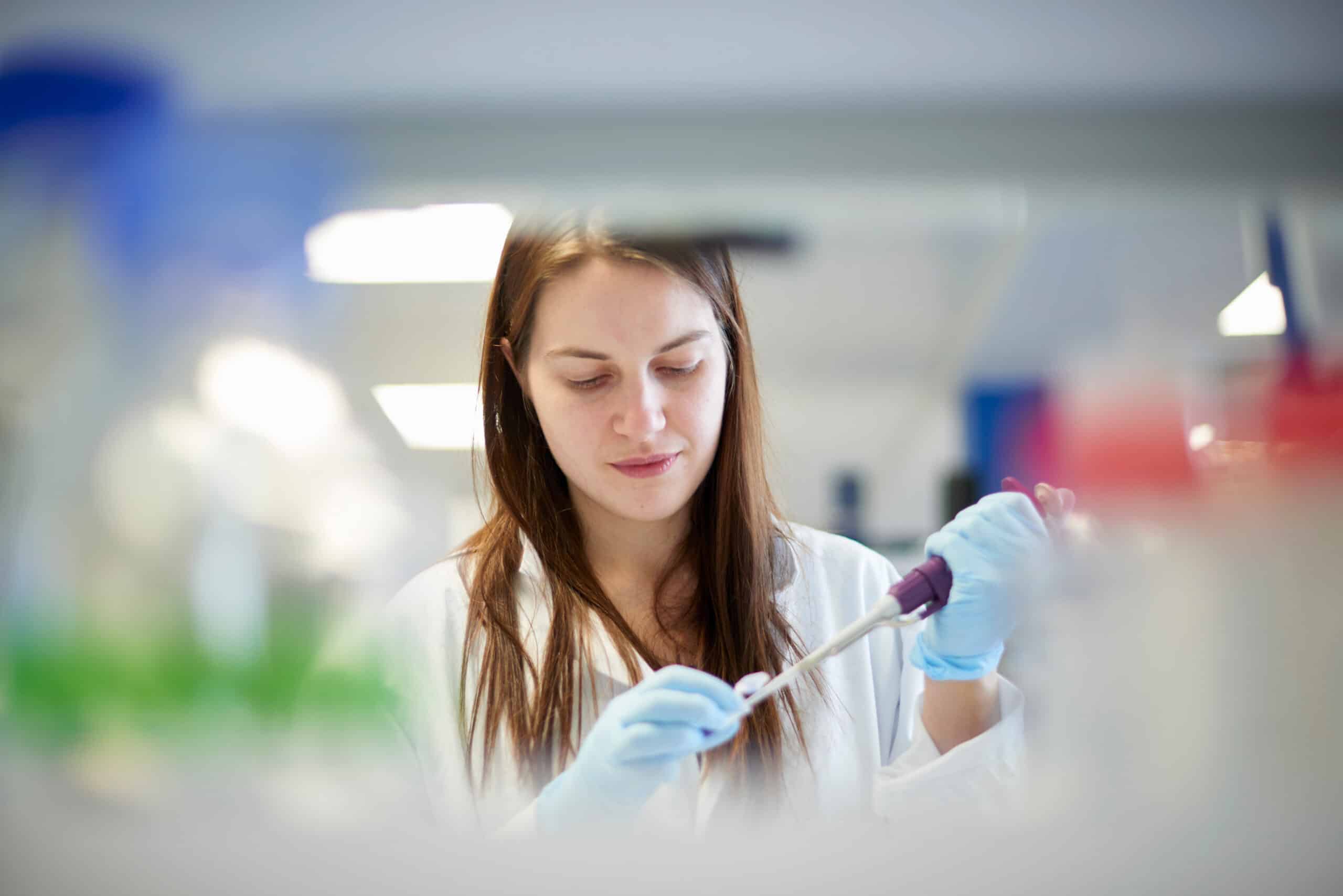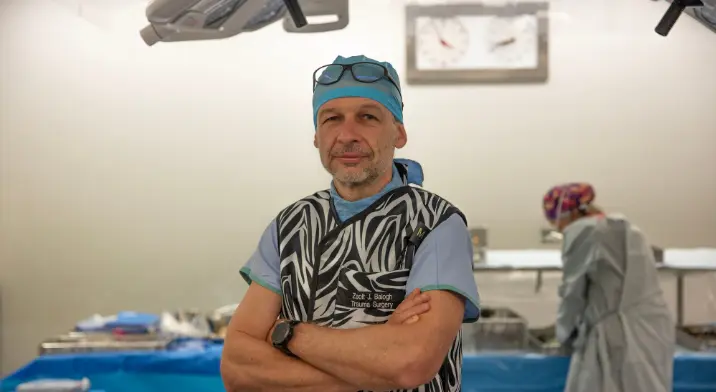Have you recently been diagnosed with Crohn’s disease? Our researchers invite you to participate in a study which will explore how diet affects and triggers Crohn’s disease.
Many people with Crohn’s disease believe that diet is important in managing their condition, however, there is limited data on precisely which specific food components trigger symptoms.
Several different diets have been trialed to date, however, there is no consensus on a specific diet that can be recommended for the management Crohn’s disease.
This study will investigate how different food components affect the immune system and contribute to symptoms.
Why is the research being done?
This study aims to understand the role that diet may play in the causes and mechanisms of Crohn’s disease.
To improve the quality of life for people living with Crohn’s disease, we need to have a better understanding of how patients respond to certain dietary changes and which foods may trigger symptoms.
This study may contribute to:
- Developing clear guidelines for dietary management or treatment of Crohn’s disease
- Our investigation of the relationship between diet and disease
Who can participate in the research trial?
You are eligible to participate in this study if you are:
- Male or female aged between 18 and 65 years
- Have a new diagnosis of Crohn’s disease (within the last 5 years)
You are NOT eligible to participate if you:
- Are pregnant
- Currently smoke
- Have a BMI ≥ 35
- Have had bowel resection surgery
- Have other autoimmune conditions (e.g., Coeliac disease, Type 1 diabetes)
- Have been diagnosed with food allergy with anaphylaxis response (e.g., eggs, milk, shellfish)
Prior to starting, you will be assessed for suitability over the phone. If you are eligible and agree to participate, you must sign a consent form and return by mail, email or in person.
What will study participants be asked to do?
If you choose to participate, here’s what’s involved in this research study:
- An initial consult with our research dietitian (face to face or online)
- Our dietitian will book your future appointments
- You will be randomised (like tossing a coin) to follow one of two diets for six months
- Monthly advice or support from our dietitian
- Our dietitian will provide you with advice and support every month (face-to-face or telehealth) throughout the study
- Surveys relating to your diet, symptoms, medications, general health, and wellbeing
- Provide stool samples
- You will also be asked to provide poo samples every month for analysis
- Blood samples and/or tissue samples (optional)
- If you live locally or are willing to attend clinic visits in Newcastle, we will ask you to provide blood samples every three months which will allow researchers to look at changes in immune cells as a result of the diet.
- If you live locally and have a planned endoscopy, we will discuss asking you to donate up to 8 extra small tissue samples during your scheduled endoscopic procedure. This will allow researchers to look at how the gut tissue responds to specific food triggers.
You may also be asked to provide an additional blood and poo sample 12 months after starting the study, if you are willing.
How to participate
- Download and read the Participant Information Sheet and Consent Form
If you would like to participate in the study, please contact:
Dr Georgina Williams
P: (02) 4042 0491 or (02) 4042 0339
M: 0466 033 019
E: [email protected]














